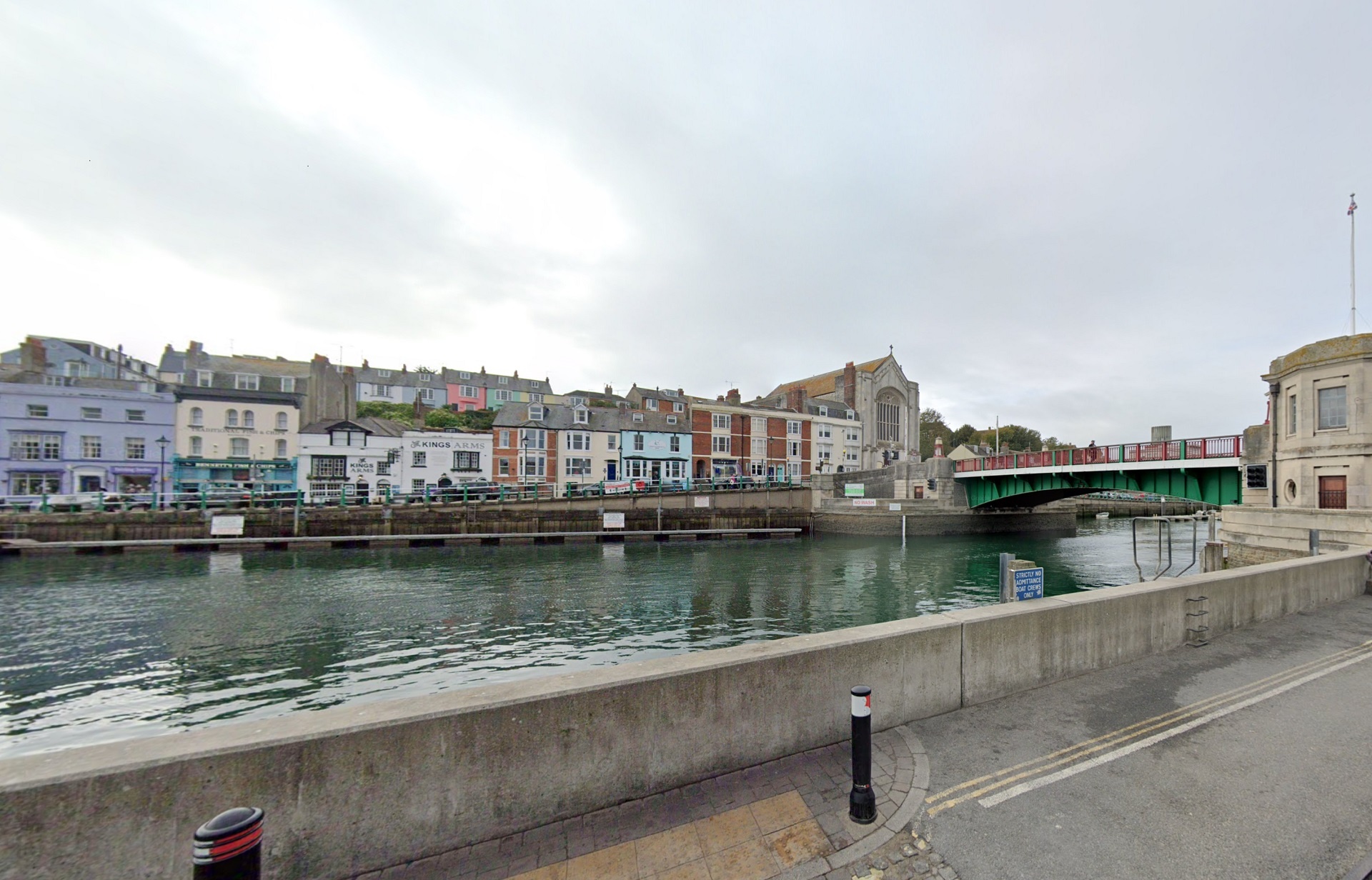As lockdown restrictions are eased, one of the most important things we can all do to control the spread of coronavirus is to use the NHS Test and Trace system.
What to do if you have symptoms
- Self-isolate as soon as your symptoms start
- Book yourself a test online or call 119
- Anyone in your household or support bubble must self-isolate too
Read more about how long you should self-isolate.
If you test positive, follow instructions and give as much information as possible about your recent contacts to NHS Test and Trace. If necessary, they will be contacted and told to self-isolate.
If you’re told by NHS Test and Trace that you’ve been in contact with a person who has coronavirus, you must follow their instructions and stay at home for 14 days. You only need to get tested if you develop symptoms. Even if you have a test and it comes back negative, you must complete your 14 day isolation period as you could still get symptoms after being tested.
New rules on face coverings:
Wearing face coverings in shops and supermarkets will become mandatory from Friday 24 July. You can make your own face covering at home.
You should:
- Make sure your face covering covers your mouth and nose
- Wash your hands or use hand sanitiser before putting it on and after taking it off
- Wash your face covering regularly
Wearing a face covering is only one measure you should take to keep yourself safe. You must also continue with other measures like washing your hands regularly and keeping a safe distance from others.
Some people are exempt from wearing face coverings, including children under 11 and people with certain conditions or disabilities.
Children and young people’s mental health:
The coronavirus outbreak is a worrying time for everyone. For children and young people, things like disruption to school life, not seeing friends and family and worrying about the health of loved ones may mean they are feeling more stressed, anxious or low than usual.
You can let them know about a range of support available to them:
- 11-19 year olds can text the ChatHealth school nursing text service on 07480 635511 to get advice on a range of issues, including mental health
- Young people aged 11-18 can log on to Kooth, a free online platform, to talk about emotional health and wellbeing
- The YoungMinds website has lots of useful tips for managing mental health during coronavirus
Share your views on health services during COVID-19
During the Covid-19 pandemic, health and care services and the voluntary and community sector have offered new choices to patients and the public, for example, by making more use of online and telephone appointments.
The NHS in the South West would like to know what you think about these new ways of working to help us understand how we can best meet the future needs of the people living in our region.















